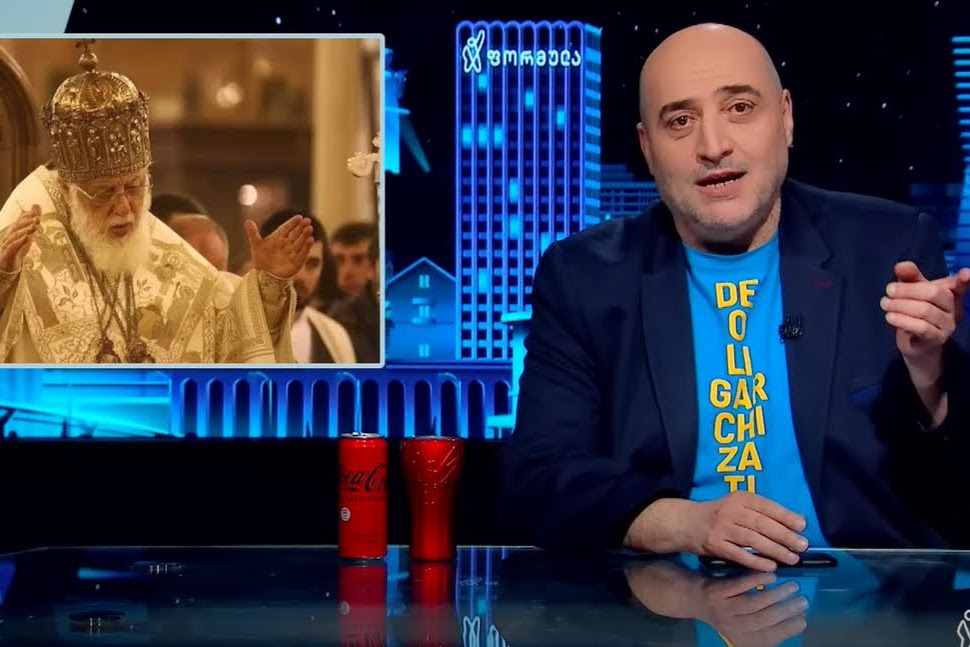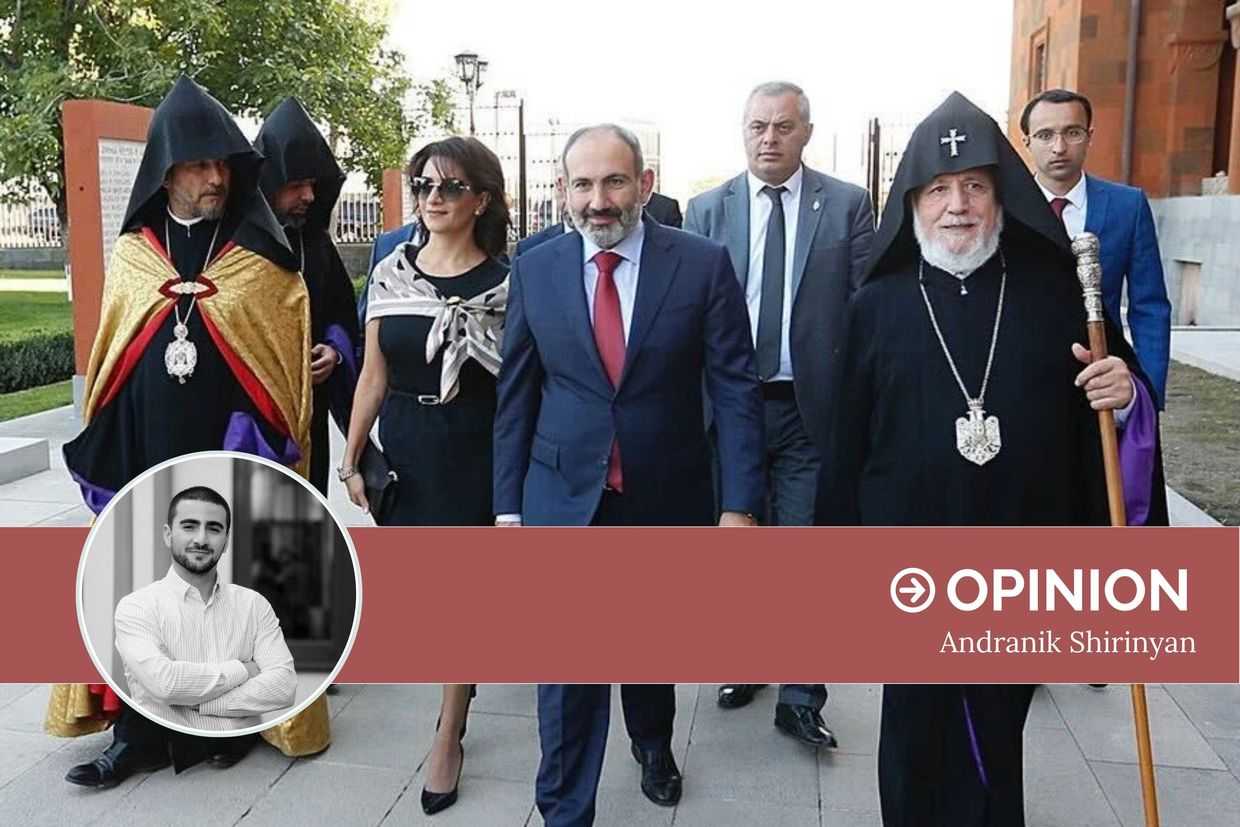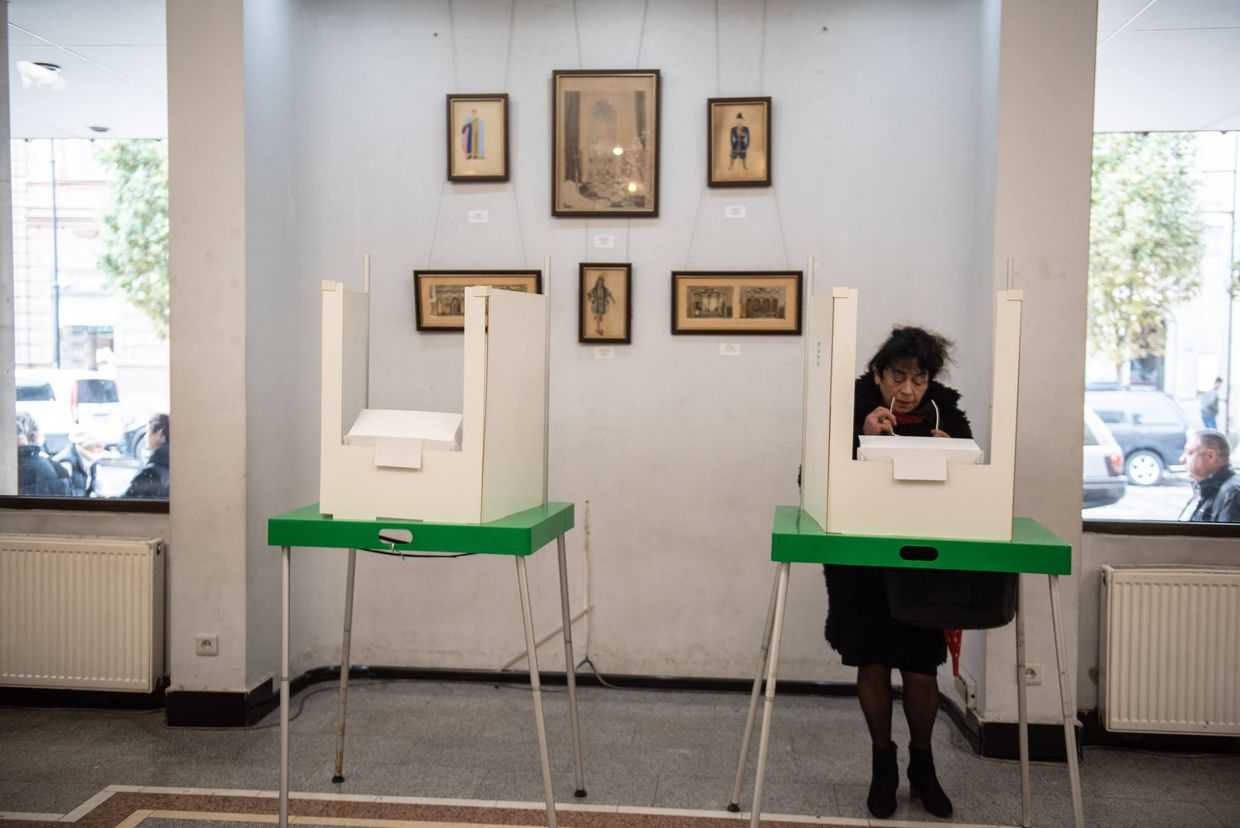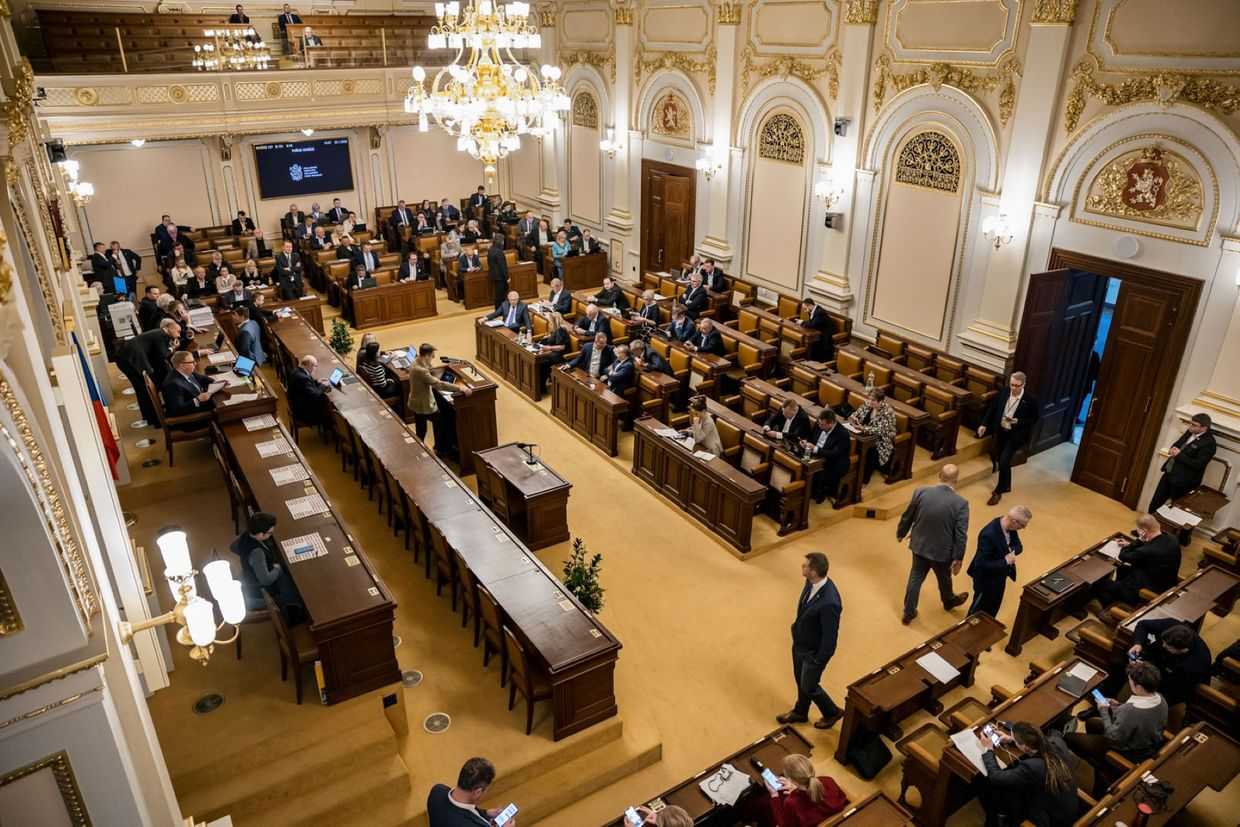
After two government critics were attacked, the ruling Georgian Dream party have blamed the country’s political opposition, civil society groups, and foreign embassies for inspiring Georgians to harass and attack government critics.
Misha Mshvildadze, a prominent government critic and co-founder of the opposition-aligned TV station, Formula, was reportedly assaulted yesterday at a Carrefour supermarket in Tbilisi. The attack is currently under investigation by Georgia’s Interior Ministry.
Speaking on Formula, Mshvildadze stated that at least one unidentified man snuck up on him from behind and punched him in the face, and that the attacker mentioned his ‘swearing at the Patriarch’. The TV anchor, who was pictured with bruises on his face following the incident, said the man continued to hit him after he fell.
In recent years, ‘disrespecting’ the Patriarch of the Georgian Orthodox Church, Ilia II, has become a commonly cited excuse for those attacking and harassing critics of the Church and of the Georgian-Dream-led government.
A man who attacked Zurab Girchi Japaridze, chair of the libertarian opposition party Girchi — More Freedom, on 17 June similarly claimed that he objected to Japaridze’s views on the Georgian Orthodox Church. The opposition leader was on his way to a youth camp that was later targeted by a conservative mob.
[Read more on OC Media: Series of attacks on government critics in Georgia]

Less than three hours after the attack on Mshvildadze, the chair of the opposition United National Movement (UNM) party Levan Khabeishvili claimed that masked people had ‘mercilessly’ beaten party staff member Davit Osikmishvili.
‘It is clear that these Russians, these Putinists, these small men have nothing left but to attack opposition-minded people and try to intimidate them’, Khabeishvili stated on 28 June.
Some opposition groups and government critics in Georgia have taken to calling the ruling party ‘pro-Russia’ or ‘Russians’ over the government’s perceived soft stance on Russia, its anti-Western and anti-Ukrainian rhetoric, and a short-lived attempt to introduce measures to label civil society groups that received foreign funding ‘foreign agents’.
Speaking on 28 June, the ruling party’s chair, Irakli Kobakhidze, called violence ‘unacceptable’ while blaming the recent attacks on government critics on civil society groups and foreign embassies, on the basis of his claims that they had defended violence during the March foreign agent law protests.
Georgian Dream MP Dimitri Samkharadze went on to endorse the attacks later that day.
‘I will never condemn violence against Georgia’s enemies! Moreover, I will incite it: I call on everybody to give a worthy response to the enemies of the homeland!’, Samkharadze wrote on his Facebook page.
A spokesperson of the Patriarchate of the Georgian Orthodox Church condemned the violence while accusing the media of provoking it with their negative coverage of the Church.
Threats and inaction
The attack on Mshvildadze was swiftly condemned by Georgia’s Charter of Journalistic Ethics and the broader Media Advocacy Coalition.
‘Attacks on media representatives remain a severe challenge in the country. The inaction of the government over the crimes against the media, antagonistic rhetoric against criticism and attempts to discredit them only encourages such crimes’, the Coalition statement read.
Hours before Mshvildadze was attacked on Wednesday, Georgian Dream MP and chair of the parliamentary Gender Equality Council, Nino Tsilosani, endorsed fellow ruling party MP Beka Odisharia’s thinly veiled threat of physical retaliation against those who called ruling party MPs ‘pro-Russia’.
‘Anyone calling us pro-Russia will receive a strike to the face — first, morally [verbally], and if that doesn’t help, maybe with even more’, Odisharia warned in parliament on 26 June.
Since the incident on Tuesday, critics of the government, including opposition-aligned TV channels Formula and Pirveli, have highlighted a spate of recent attacks on and harassment of government critics.
These include philologist Levan Berdzenishvili, who had an egg thrown at him and was called a ‘traitor’ on 20 June, and former Georgian Ambassador to the US and current fellow at a US-based think-tank Batu Kutelia, who was harassed along with a crew from TV channel Mtavari on the evening of 26 June.
The attacks on Japaridze on 17 June and Mshvildadze ten days later were both followed by the alleged perpetrators publicly asserting that they were responsible for the attacks, and expressing no remorse over their actions. Some have noted that the texts were similar, and suggested that they might have been coordinated.









